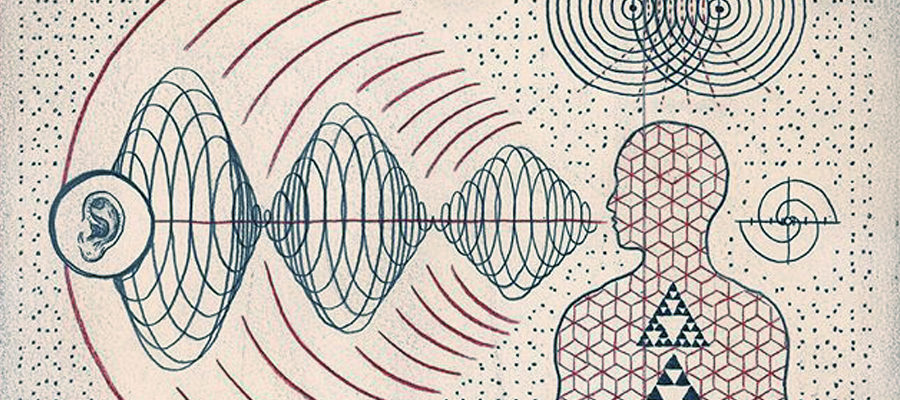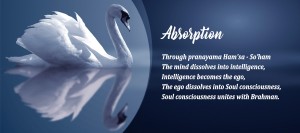The identity of the breath with the individual soul, Atman (Self)
The self is the breath of the breath (Kena Upanishad 1: 2)
The subtle self in a living, breathing body is realized in pure consciousness where there is no duality (Mundaka Upanishad 3: 1: 9).
The breath is the Real, and the Reality is Self (Brihadaranyaka Upanishad 2.1.20).
The Self is the Truth of the Truth, and indeed the Breath is the Truth, and the Self is the Truth of the Breath (Brihadaranyaka Upanishad 2.3.6).
He who inhales with you inhales is You. He who exhales with the exhalation is You (Brihadaranyaka Upanishad 3.4.1).
Breath is more than just individual matter, it is also a bridge to infinite consciousness, into the presence and action of the living God ( Brahman ).
O Prana, Creator Lord, You are like the breath which abides in the body ”(Prashna Upanishad 2.7).
When a person breathes, he knows it as the breath (Brihadaranyaka Upanishad 1.4.7).
The luminous self is that being, and is formless. He lives in all and without all. He was unborn, pure, greater than the greatest. From him was born the breath (Mundaka Upanishad 2.1.2, 3).
Because the breath rises from God, it can be decided to become God again.
Breath is a part of Brahman ”(Chandogya Upanishad 4.9.3).
The breath itself is divine.
The being who is the breath within – he whom I contemplate as Brahman ”(Brihadaranyaka Upanishad 2.1.6).
The breath is the Eternal One ”(Brihadaranyaka Upanishad 1.6.3).
The one who is radiant and immortal who breathes is Self, is Brahman (Brihadaranyaka Upanishad 2.5.4).
Which is God? Breath. He is Brahman (Brihadaranyaka Upanishad 3.9.9).
Those who know the breath of the breath… have realized ancient ancient Brahman (Brihadaranyaka Upanishad 4.4.18).
Breath is the supreme Brahman. The breath never leaves him who, knowing thus, contemplates it. After becoming a god, he went to a god (Brihadaranyaka Upanishad 4.1.3).





